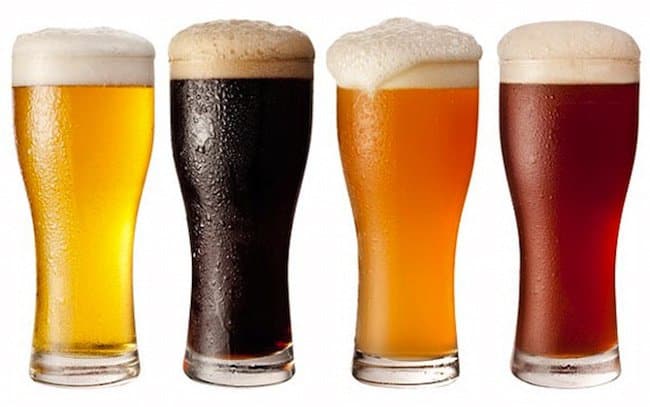
Yes, we all know that alcoholic beverages are not exactly on the top of the list of “healthy summer beverages”. But sometimes you just have to forget about diet resolutions and simply enjoy life. I mean it’s World Cup time. Hello! Come on! The world comes together ever four years to celebrate the game of football (or soccer).
Who doesn’t want to join the party? And watching sports and drinking beer goes together like strawberries and cream (at least in North America and Germany). What is graduation without a sparkling wine and brunch without a mimosa? On some occasions we simply have to let go of analyzing the nutritional value of food and beverages and make them about pleasure, socializing, celebration and fun.
Now, this is not a wild card for you to participate in irresponsible drinking. Understand! Alcohol is not healthy and slows your white blood cells down. White blood cells are your internal warriors. They kill parasites and fight viruses. Moderation is one key.
The second key is the choice of beer. I’m not talking about low-calorie beers or de-alcoholized beers (which would be a healthier choice). I’m talking about “pure” and “dirty” beers. Let me explain.
I’m German and I lived in Germany’s beer capital Munich for 3 years (those are my credentials). Besides playing football we Germans are also known for another thing that we are actually pretty good at. No, I’m not talking technical engineering I’m talking brewing beer.
In Bavaria (the province in Germany where they wear the traditional Lederhosen and Dirndl – just to confirm the stereotype) beer is its own food group. If you would work at a traditional Bavarian company having a beer with your lunch at the cantina would be totally acceptable. Sounds intriguing to you? Well, obviously Germans are very proud of their beers and enjoy them whenever they can. Why is that?
Yes, you are absolutely right. Beer is a fermented beverage! And fermented foods and beverages are healthy, right? Still, I wouldn’t put beer into the same category as kombucha or kefir. I’m not quite sure if the health benefits of being fermented out weight the health risks of alcohol. But just in case you need an argument or excuse why you love beer so much, there you have it. Glad to be of service.
What is so different about German beer?
No, what makes Germans so particular about their beer is the high quality standards they expect them to have. This goes back to the “Reinheitsgebot” meaning “purity order” and was established in 1487. The regulation only allowed water, malt and hops in beer production. Since 1993 yeast, wheat malt and cane sugar have also been added to the list. Of course the “Reinheitsgebot” also included a regulation about a penalty for making impure beer.
Unfortunately this “Reinheitsgebot” only applies to German beer. In other countries beer makers are not so picky when it comes to brewing beer, as there are no defined regulations. Ingredients like high fructose corn syrup, stabilizers or artificial colors or flavors might be standard. Some even use fish swim bladders, which helps to remove yeast from beer.
You might only get trace amounts since it is normally left behind in the tank, but if you are a vegetarian, this might matter to you.
Different countries, different laws
In Germany for instant “Corona” has to list all its ingredients on the back of the bottle including E 405 Alginat, which is a chemical for foam control. In North America this kind of detailed labeling is not required. Beer, wine and liquor manufactures are exempt from label requirements.
They must only label substances beer consumers might be sensitive too like sulfites, peanuts or aspartame. Does that sound scary to you? I know we all could improve our label reading skills but if companies are not even required to tell you what they put in their product, doesn’t that open the door for nasty things?
Oh so you think, the small amount of artificial something in your beer might not be harmful to your body? After all there must be some laws that regulates chemicals in food-like-stuff.
You are right but what if this little artificial something was not the only little artificial something you had today? No law can calculate for you what amount of chemicals is needed to throw your body out of balance.
Maybe you had a little bit of TSP (trisodium phosphate, which a wall paper stripper) with your cereals this morning? Carrageenan might have been in your “healthy” non-dairy almond milk. Maybe you had an extra helping of antibiotics with the beef burger, pesticides with the tomato and rancid fat with your fries.
The artificial chemical food dye made your ice cream and tongue look so beautifully blue. Your toothpaste might contain fluoride, your deodorant aluminum. How does this chemical cocktail sound to you?
The thing is chemicals and stuff that is not meant to be in your body is not just getting in on the top and out of the bottom. Everything you put into your mouth and swallow your body has to deal with. Compare it to the shipping and receiving department of a company. Everything that has been accepted and is not sent back has to get on the inventory list and to be distributed. If it can’t be dealt with right away, it goes into storage.
And since you were consuming alcohol, your body’s first priority is to get rid of the alcohol in your system. Chances are high that your body doesn’t have time to deal with anything artificial. So the liver sends it to a safe storage place – your fat cells. There it stays and accumulates and is joined by more artificial stuff coming in.
I guess you can imagine that your body doesn’t want to open that can of worms. It’s like the secret storage we all have somewhere. Things go in but never leave. Out of sight out of mind. And this is why losing weight can become very difficult. Your body refuses to open the door. Because every time you want to shed some of your muffin top, the artificial stuff has to be released too and your liver doesn’t like that at all.
Craft beer is better and healthier
So yes, clean eating and drinking matters. The less artificial ingredients consumed means a healthier and lighter you. In regards to your beer consumption I would suggest that you join the craft beer movement that is now flourishing and spreading across the world. Support microbreweries that produce craft beer in small batches.
They brew beer out of compassion with the goal of creating something delicious. You get local high quality ingredients with the personal recipe of the brew master. For them it’s not primary for moneymaking purposes, it’s about making a pure beer you can enjoy without guilt and worry.
If there is no microbrewery in your neighborhood, don’t forget your option to celebrate a World Cup victory with a German beer. Prost and cheers. Enjoy life and be happy.
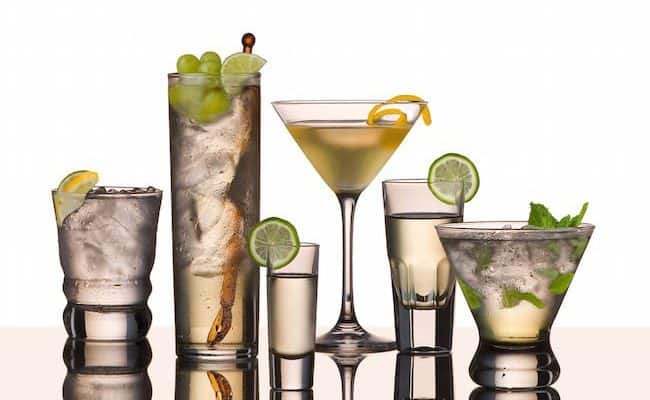
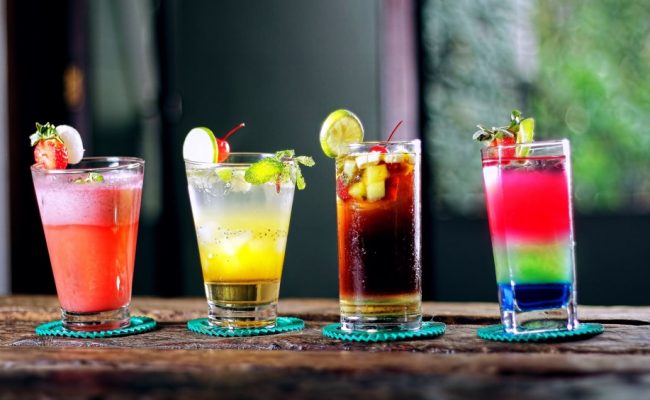
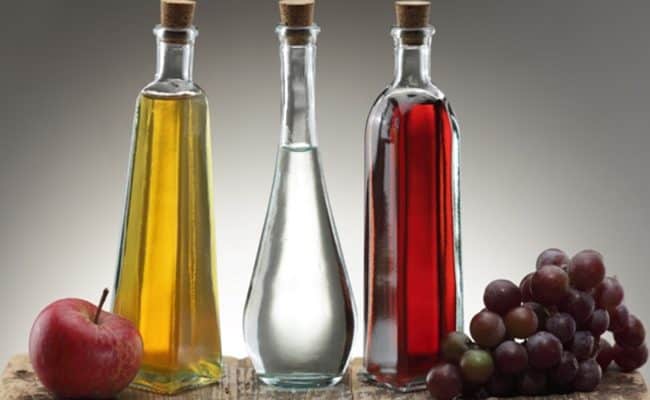
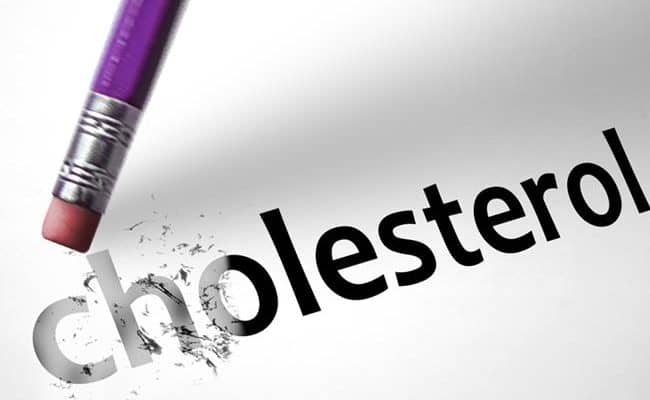
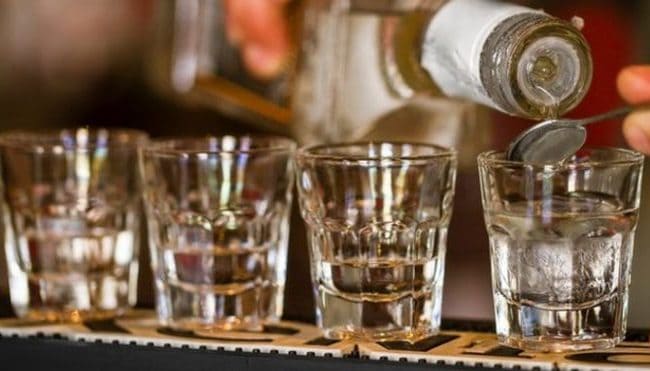
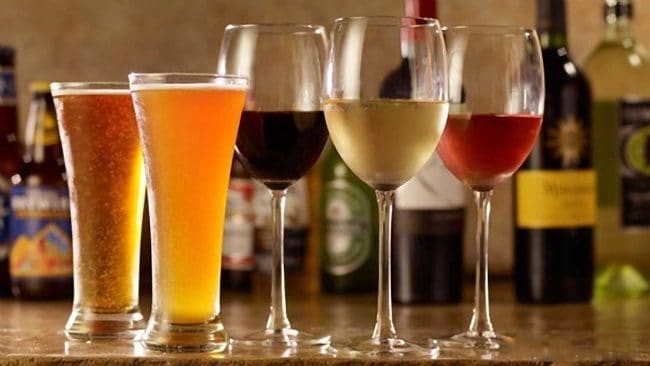
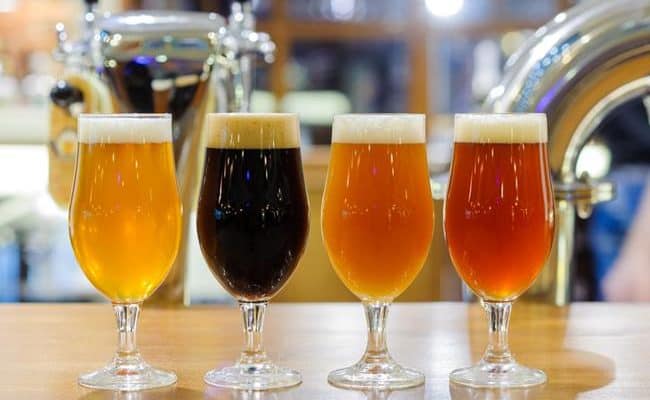
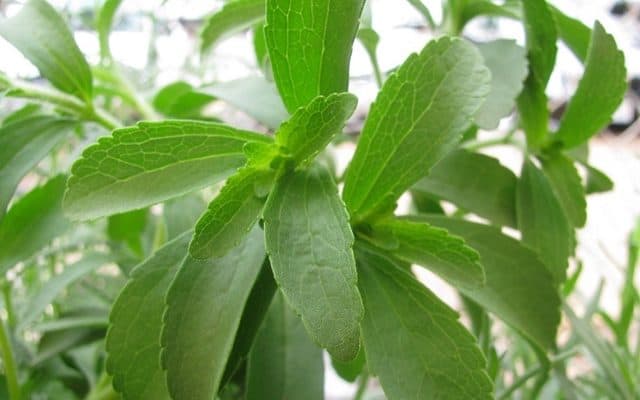



Brian says
Hey, I like this post it is pretty informative. I have the exact same thoughts about all of these chemicals in all of the products I use but don’t know how to stop using it. I mean I don’t want my teeth to fall out and smell like BO all the time, lol!
Atleast, If I choose to drink Beer.. I can make a better selection. 🙂
I have been drinking Stella Artois / Peroni and some other imported beers lately. And I can tell you once you get past the fact that they actually taste like “Beer” then they become very enjoyable. Took me a little while to get used to the hoppiness and flavour but once you do, You realize why the Germans have the “Reinheitsgebot”
Can you Reccomend any refreshing German beers that would be good on a hot day? I still have lots of experimenting to do 🙂
Cheers From Canada Eh! 🙂